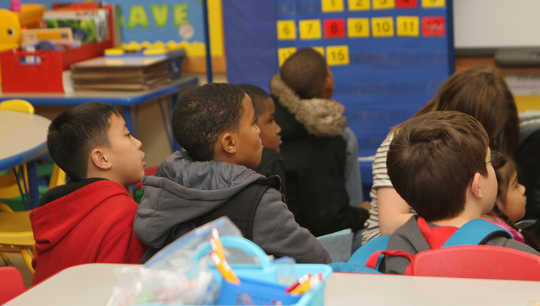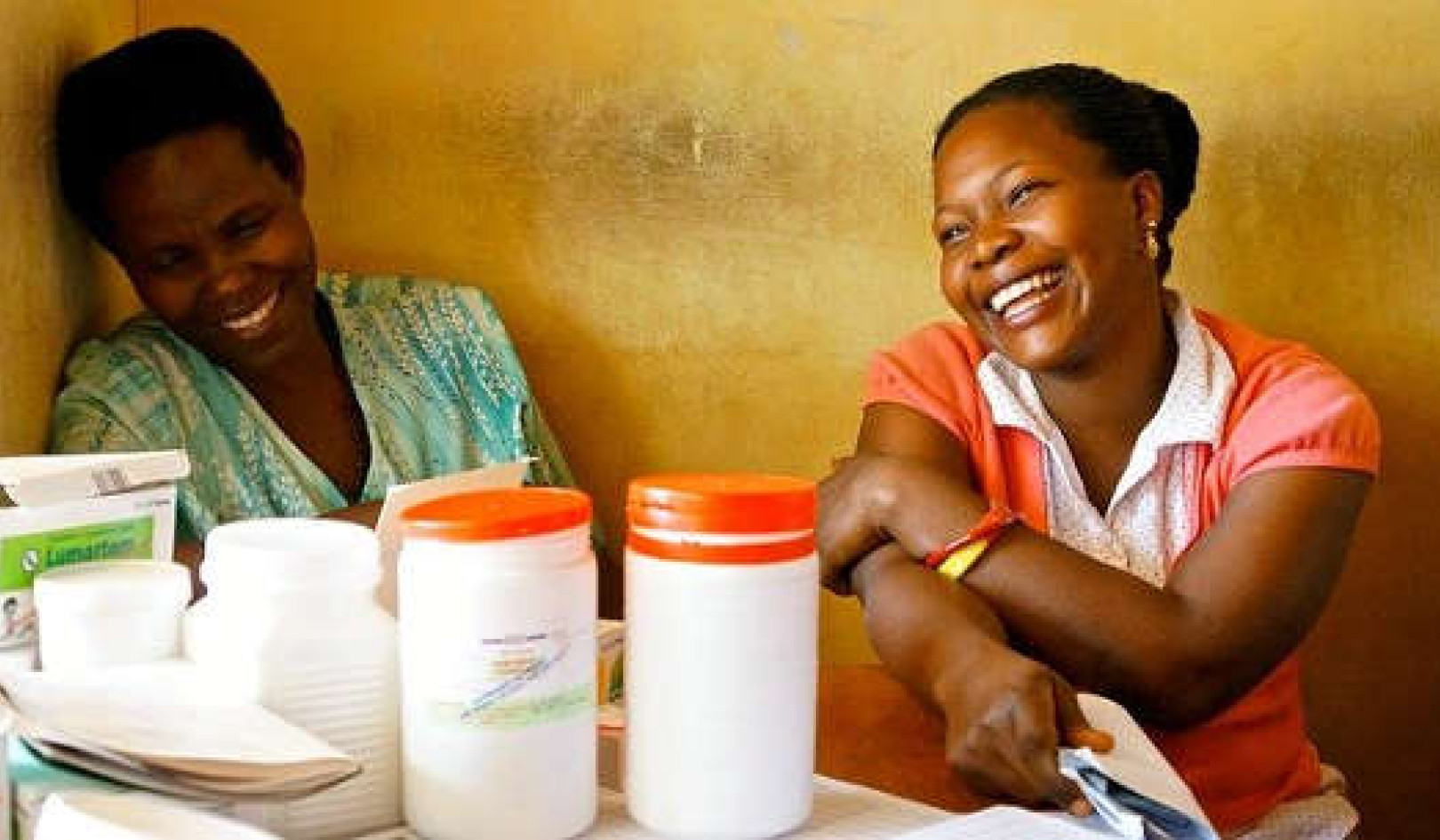
The past few weeks have been full of several unfortunate violent events: the massacre in Orlando, the killing of black men by police officers, the sniper attack in Dallas, the Bastille Day attack in France, the violent coup attempt in Turkey and the shooting in Baton Rouge, Louisiana.
While many of us may not have been directly affected by these events, we watched the news as it unfolded on broadcast and social media. Witnessing such violence on media can take a severe toll on us even when our near and dear ones are not directly affected.
Surprisingly, what research is beginning to uncover is that impact on young children – especially young gifted children – can be worse.
Impact of violence on adults and children
A large body of research has demonstrated a link between exposure to violent media and aggression and violent behavior across multiple countries and cultures. A synthesis of this literature found different reactions in adults and children. The short-term impact of watching violence on screen was greater for adults, while the long-term effects were greater for children.
Research specifically related to children has shown that violent media events like the ones we are currently seeing can frighten and worry them. Scholars have discussed how witnessing violence harms children’s mental health.
However, this impact can vary. We are researchers who study gifted children and violence. Although definitions of “gifted” vary, gifted children can be generally defined as those high in general intelligence as indicated by a standardized test score.
Based on this definition, gifted children tend to have many advantages. For example, higher intelligence is linked to greater achievement, motivation, memory, moral reasoning and development, social skills, sense of humor, educational and occupational attainment, leadership, and even creativity. Higher intelligence is also linked to lower impulsive behavior, delinquency and crime.
However, research also shows that higher intelligence is linked with greater emotional sensitivity. Scholars studying gifted children have argued that because of this, they are not necessarily advantaged in all contexts.
Studying the impact of violence on gifted kids
But what things might gifted children might be more sensitive to? One factor that might play a role is violence – even violence depicted in something as seemingly harmless as cartoons.
Along with Cengiz Altay, a doctoral student at Fatih University, we tested 74 “gifted” children and 70 children from Turkey who were “less gifted” or had relatively lower intelligence scores. The “gifted” group were those students scoring 130 or higher (top two percent) on the intelligence scale. The school from which these students were drawn had a gifted students unit and were initially screened for higher intelligence than the general population.
The study was conducted in 2015 over a period of half a year. At the time of the study, these children were 10 years old. We examined whether exposure to media containing violence compared to media that did not contain violence differently affected the verbal ability of children.
To do that, we asked all students to take a verbal test before (pre-test) and after (post-test) watching a video. Participants were asked to generate words from a different set of letters for both these tests.
The most common letters in the Turkish alphabet were randomly divided into two groups for the pre-test and post-test. In the pretest, participants were asked to generate words starting with the letters A, L, M, S, C, E, B and H. In the post-test, participants had to generate words starting with the letters I, D, N, O, F, K and T. They had one minute to list as many words as possible that began with the particular letters.
Between the pre-test and post-test, participants in both the gifted and less gifted groups were randomly assigned to watch either a nonviolent cartoon or a violent cartoon. We used two animation shows that are commonly watched by children.
One was “Bakugan Battle Brawlers,” a series with episodes that depict violence in a battle, and the other “Arthur” – a story that revolves around the many friend and family issues of a young boy named Arthur. This latter series does not have any episodes of screen violence.
What our findings show
Our research, published recently in Gifted Child Quarterly, a leading journal on the study of giftedness, shows that children’s abilities could be negatively impacted by exposure to violence, especially gifted children.
We found that gifted students generated more words than the other students when they were asked to generate words prior to watching the video. However, the gifted students assigned to the video which showed violence generated slightly fewer words than the less gifted group after they had watched the video.
Conversely, when gifted students were shown the cartoon without violence, they outperformed the other students on both the pre-test and the post-test. This suggests that it was the violence in the cartoons that reduced the gifted students' mental performance rather than simply watching a cartoon.
Overall, all kids under performed after watching the violence, but gifted kids showed a greater performance drop.
Are gifted kids more sensitive?
One commonly held belief is that gifted students don’t need help and will do fine on their own. This perception may be due to the empirical evidence showing that many gifted students do end up quite successful later in life.
Scholars, however, have argued that it is a myth that gifted students don’t face problems and challenges. Our study adds to the evidence that gifted children do face disadvantages or challenges, specifically when it comes to exposure to screen violence. Violence in the media impact children generally, but our study shows this negative impact is amplified for students with higher intelligence.
We are just beginning to explore the reasons for this surprising finding. Perhaps greater sensitivity of the “gifted” group leads them to react with more anxiety to the violent media. And perhaps exposure to such media lowers their working memory capacity, reduces their attention to the mental task and thus lowers their performance. In our study, gifted children thought the violent cartoon was more violent, liked it less and saw it less frequently at home than did the other children.
Screen violence and harm
Our findings have implications for parents, educators and policymakers who need to be aware that violence on screen may have a negative impact on kids, and in particular gifted kids. The impact of violent video on verbal tasks could be particularly important given the heavily verbal nature of schools.
A just-released statement from The American Academy of Pediatrics has recommended, along with attention to children’s “media diets,” that “parents should be mindful of what shows their children watch and which games they play.” Other experts too have warned that screen violence, whether real or fictional, could lead to nightmares, sleep disturbances and increased general anxiety.
Our findings support this earlier evidence. In general, the violence depicted in our videos was quite small compared to the violence that children are often exposed to, such as in the news. So, it’s possible our study provides a lower estimate on the impact of violent media on the mental performance of children.
Optimal educational development requires not only including positive impacts but also reducing and removing negative impacts. Such risk factors could be greatest for talented but disadvantaged students who likely live in neighborhoods with higher rates of violence, which might accumulate and contribute to their eventual underachievement.
With the rise of digital devices and constant switching of tasks, it is difficult to control student exposure to violence. However, more attention needs to be paid to media diets that could detract from educational development over a period of time.
About The Author
Jonathan Wai, Research Scientist, Duke University; Brad Bushman, Professor of Communication and Psychology, The Ohio State University, and Yakup Cetin, Head of the Department of Foreign Language Education, Fatih University
This article was originally published on The Conversation. Read the original article.
Related Books
at InnerSelf Market and Amazon

























